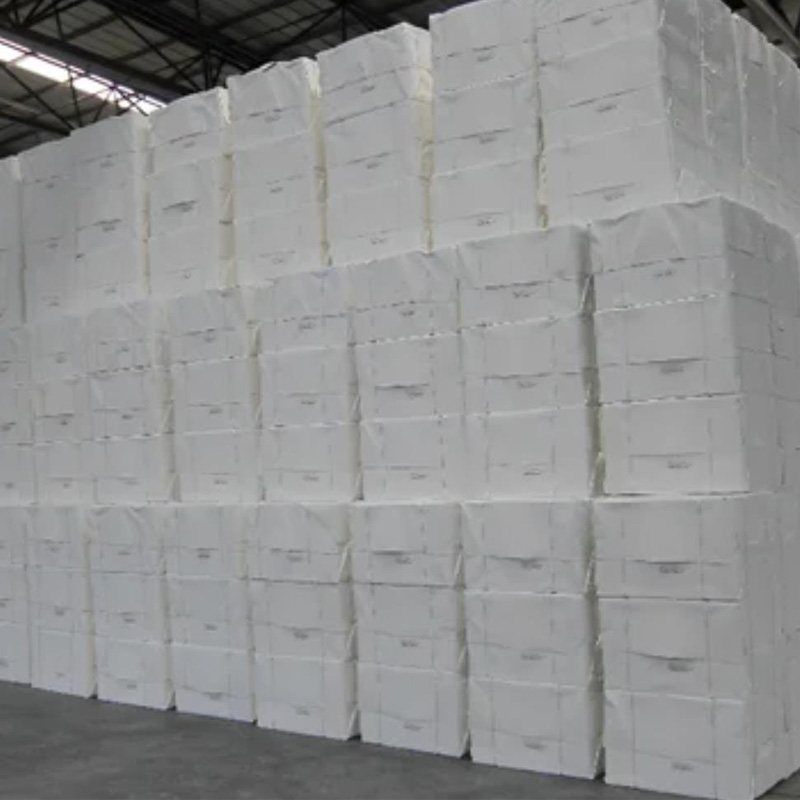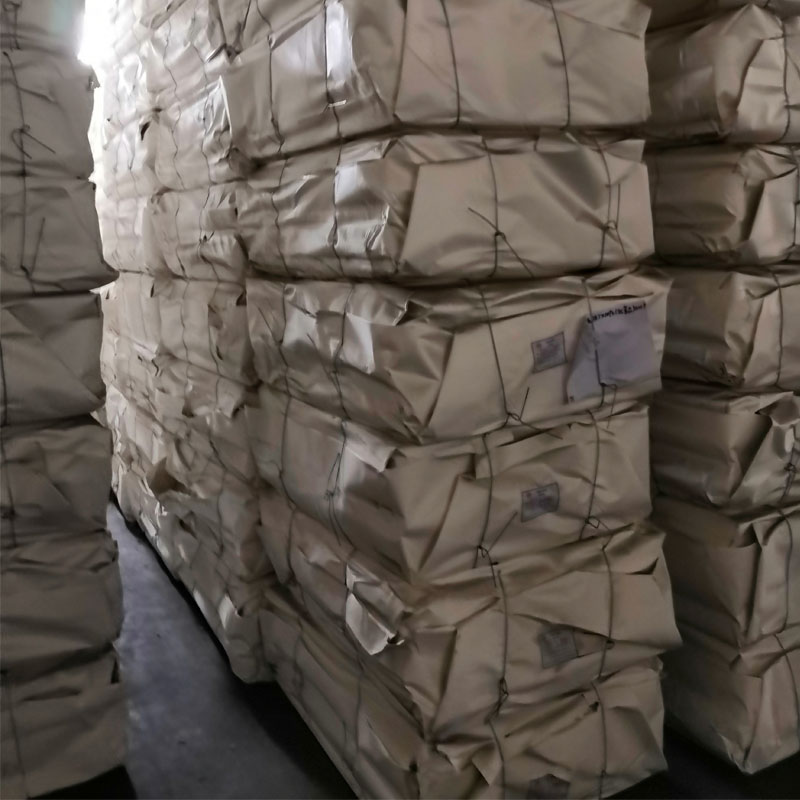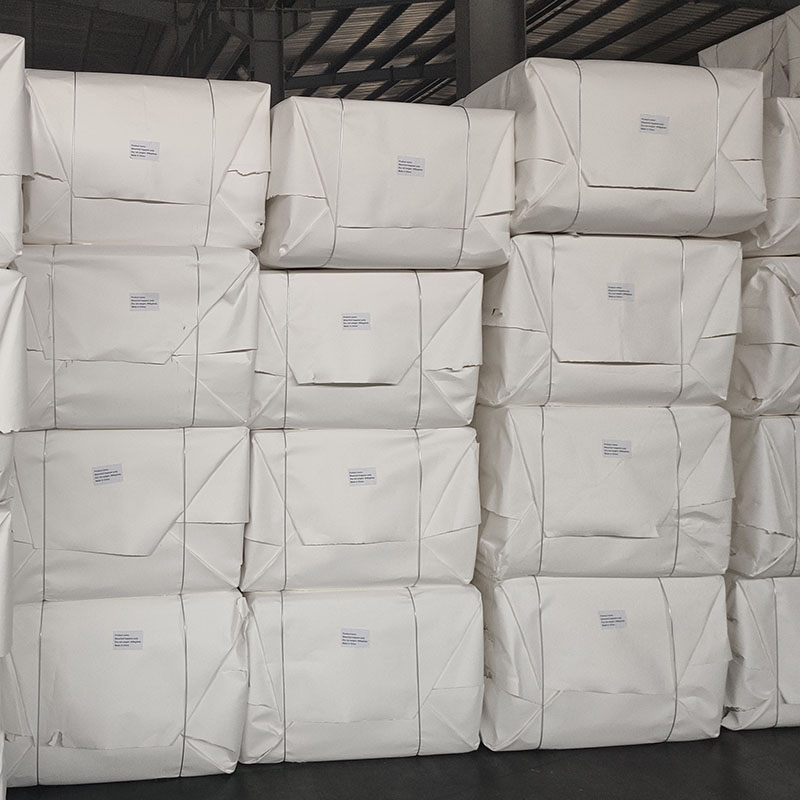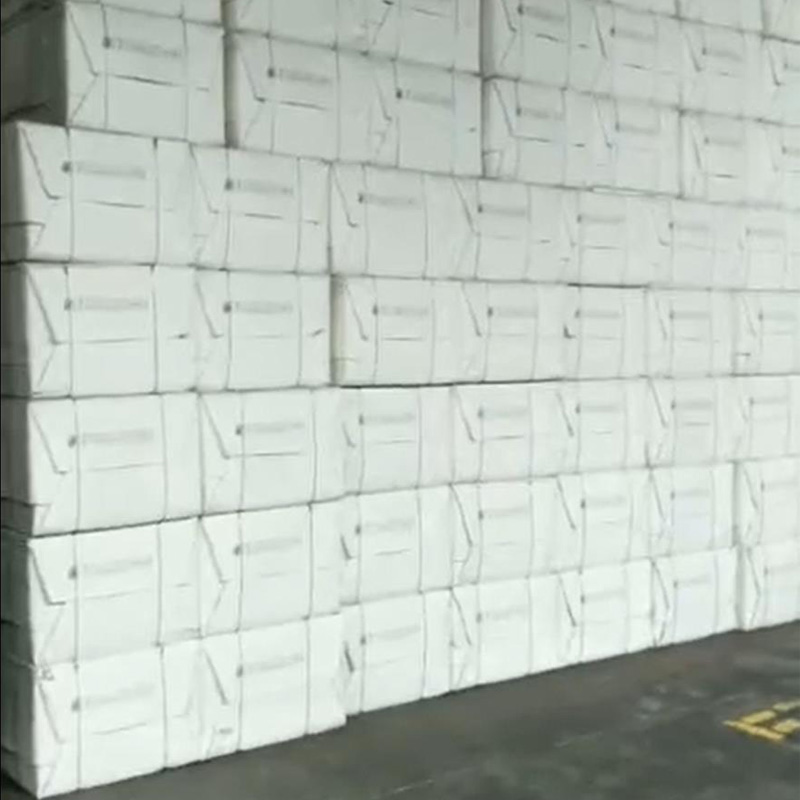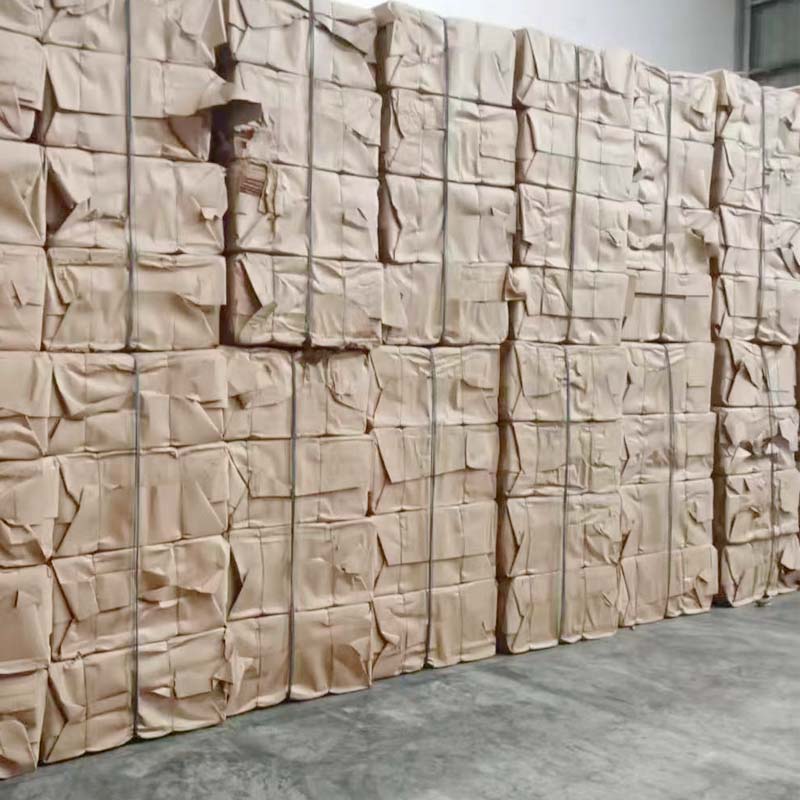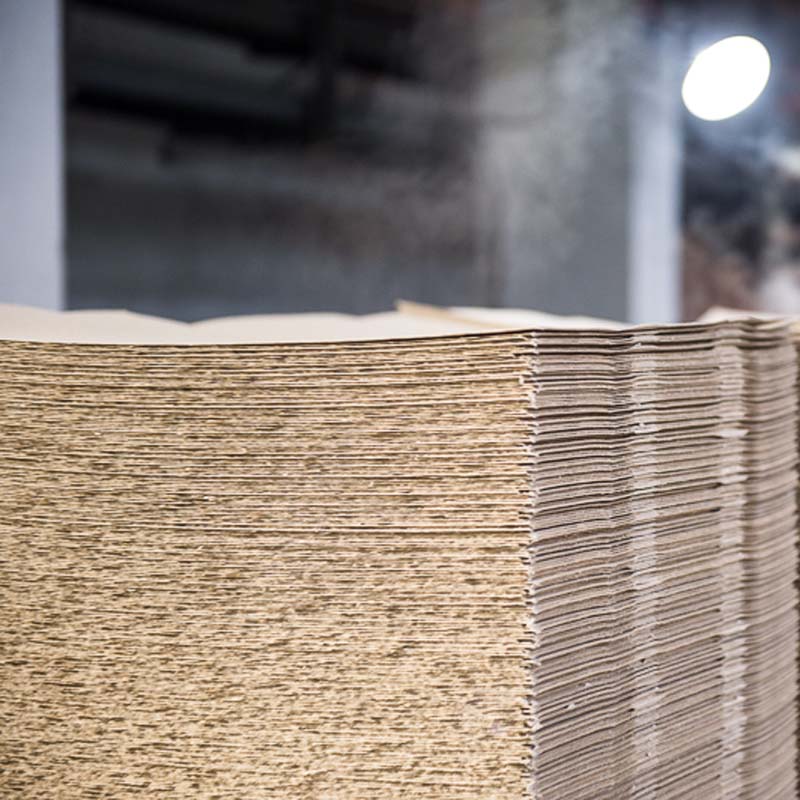
- Jiangdong Str., Yiwu, Zhejiang, China.
- [email protected]
- +8615680886387
Bleached bamboo pulp paper pulp material for paper making
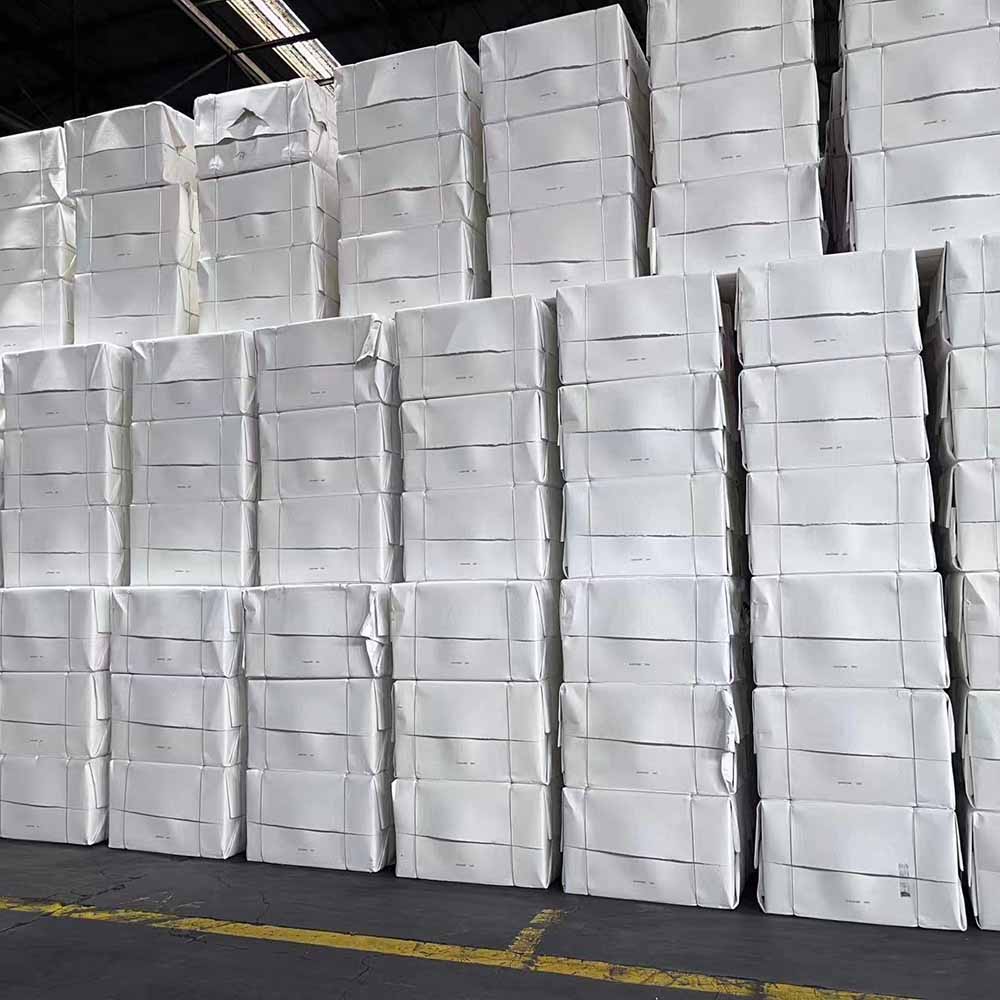
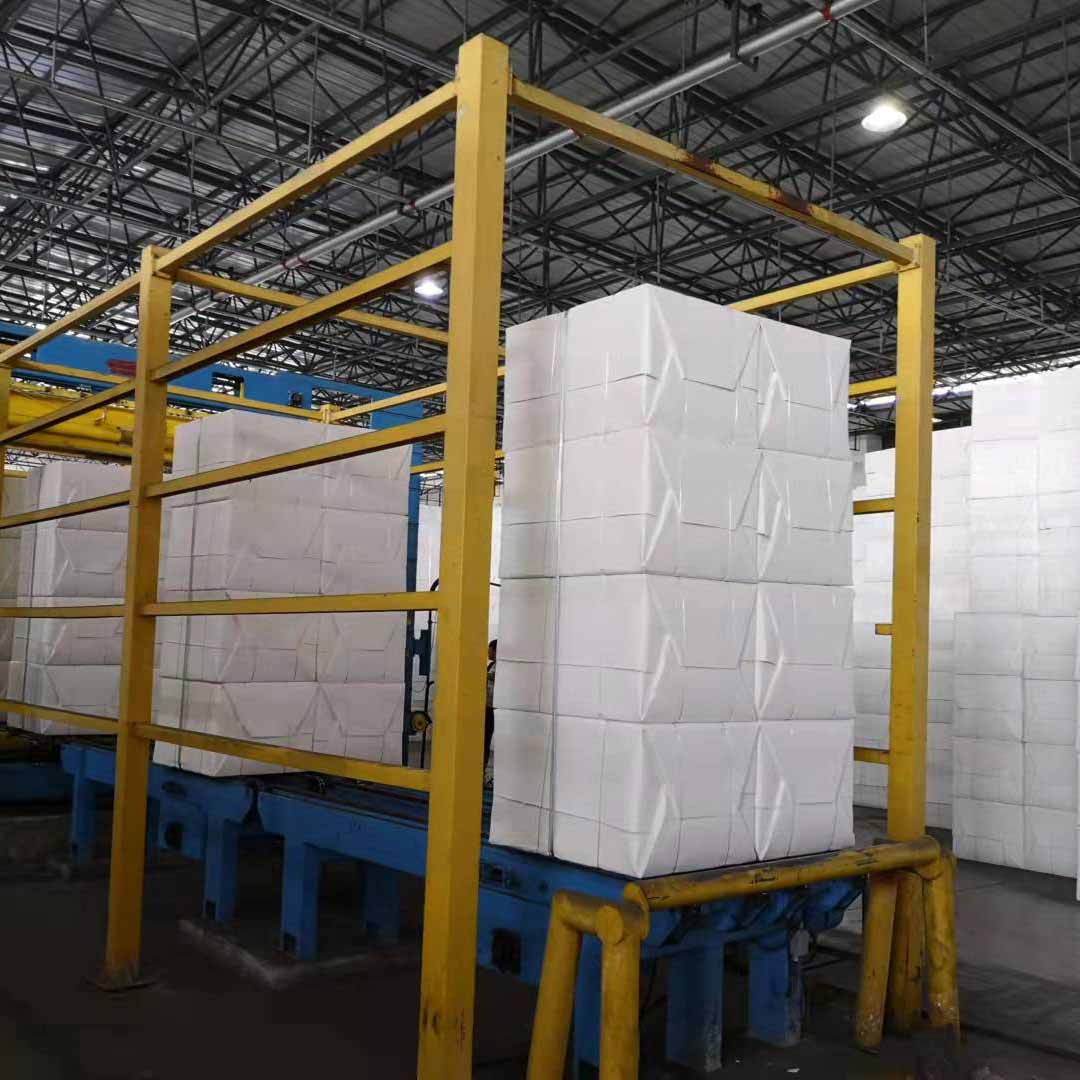

Bamboo pulp is a material derived from bamboo plants through a process called pulping.
Pulping involves breaking down the bamboo fibers to create the pulp that can be used to make various products.
The length of bamboo pulp fiber is between softwood pulp and hardwood pulp, it is around 1.2 mm to 1.7 mm.
It can be used in the production of different kinds of paper, and biodegradable tableware products, and also can be used in other industries, like construction, and filter paper.
It is often praised for its sustainability, as bamboo is a fast-growing and renewable resource compared to traditional wood pulp from trees.
Properties | Unit | Value |
Beating degree | oSR | 45 |
Brightness | % | ≧84 |
Dirt count (0.3-1.0mm2) | mm2 /500g | ≦50 |
Dirt count (1.0-4.0mm2) | mm2 /500g | ≦40 |
Dirt count (≧4.0mm2) | mm2 /500g | None |
Tensile index | N.m/g | ≧50 |
Burst Index | KPa·m2g | ≧4 |
Tear index | mN·m2g | ≧8.5 |
Viscosity | ml/g | ≧800 |
Moisture | % | 15 |
PH | / | 7.15 |
Bamboo pulp is in sheet form. It is packed in bale with iron wire.
Size: 840*700*500mm/pack, air dry weight: 250kg/pack
Bale size: 1400*840*2000mm/bale, quantity: 8 packs/bale, air dry weight: 2 tons/bale
We offer free samples for customers to test.
1. Paper production:
Pulp bamboo is utilized in the manufacture of paper products such as tissue paper, toilet paper, printing paper, and packaging materials. Its strong fibers and high cellulose content make it suitable for producing high-quality paper products.
2. Eco-friendly packaging:
Bamboo pulp-based materials are increasingly used in eco-friendly packaging solutions as an alternative to conventional plastics and paper-based packaging. Biodegradable and compostable packaging made from pulp bamboo helps reduce environmental impact and plastic waste.
3. Biodegradable products:
Pulp bamboo can be molded into various biodegradable products such as disposable tableware (plates, bowls, utensils), food packaging, and compostable containers. These products offer a sustainable alternative to single-use plastics and foam-based packaging materials.
4. Construction materials:
Bamboo pulp fibers can be incorporated into composite materials used in construction, such as bamboo fiberboard, panels, and insulation. These materials are lightweight, durable, and have good insulating properties, making them suitable for building and renovation projects.
Overall, the use of pulp bamboo extends across multiple industries where sustainability, versatility, and eco-friendliness are valued.
We can arrange the shipment for customer, by train or by sea. For international shipments, bamboo pulp can be transported by sea freight using cargo ships. Maritime shipping is suitable for large volumes of pulp and offers cost-effective transportation over long distances.
A 20’GP container has the capacity to carry 20 tons of bamboo pulp.
What are the advantages of bamboo pulp?
Bamboo pulp, derived from bamboo fibers, offers several advantages compared to traditional wood pulp:
1. Renewable Resource: Bamboo is one of the fastest-growing plants in the world, making it highly renewable. It matures in 3-5 years compared to the decades it takes for trees to mature. This rapid growth rate makes pulp bamboo a sustainable alternative to wood pulp.
2. Environmental Benefits: Bamboo cultivation requires minimal water, pesticides, and fertilizers compared to traditional trees used for pulp, reducing the environmental impact. Additionally, bamboo cultivation can help prevent soil erosion and contribute to carbon sequestration.
3. High Yield: Bamboo yields more pulp per acre compared to traditional wood sources, making it a more efficient use of land.
4. Strength and Durability: Bamboo fibers are inherently strong and durable, making pulp bamboo suitable for various applications, including paper products, textiles, and packaging materials.
5. Versatility: Pulp bamboo can be used in a variety of industries beyond paper production, including textiles, and construction materials, and even as a substitute for plastic in some cases.
6. Biodegradability: Products made from pulp bamboo are typically biodegradable, reducing waste and environmental pollution compared to non-biodegradable alternatives.
7. Softness: Pulp bamboo can be processed to produce soft and smooth textures, making it desirable for use in tissue paper, toilet paper, and other personal care products.
8. Antimicrobial Properties: Bamboo contains natural antimicrobial properties, which can be retained in products made from pulp bamboo, making them suitable for hygiene-related applications.
9. Hypoallergenic: Bamboo fibers are naturally hypoallergenic, making products made from pulp bamboo suitable for individuals with sensitive skin or allergies.
Pulp bamboo offers a sustainable, versatile, and environmentally friendly alternative to traditional wood pulp, with a range of benefits across various industries.
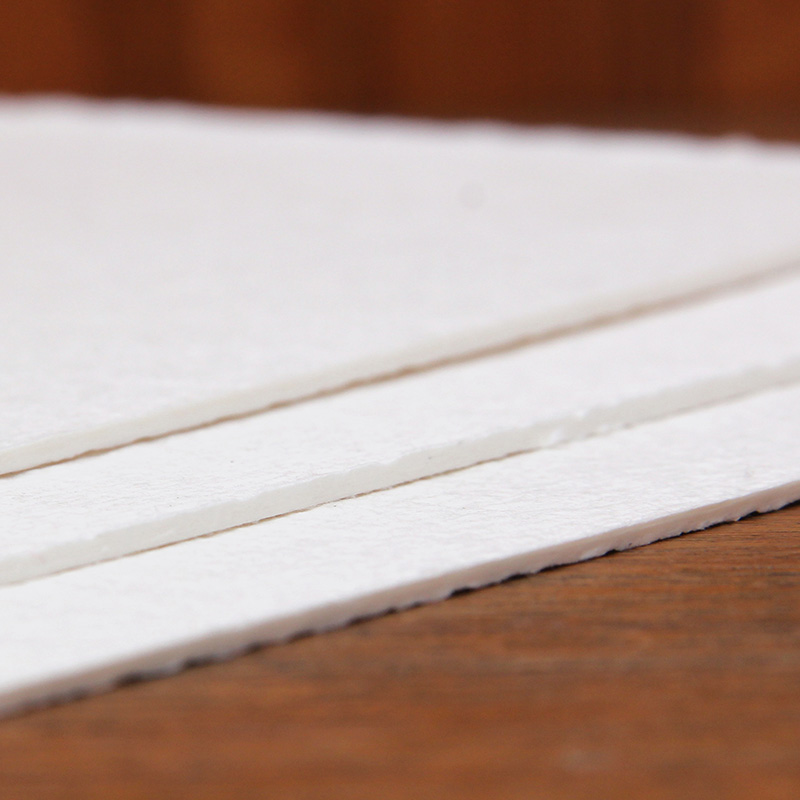
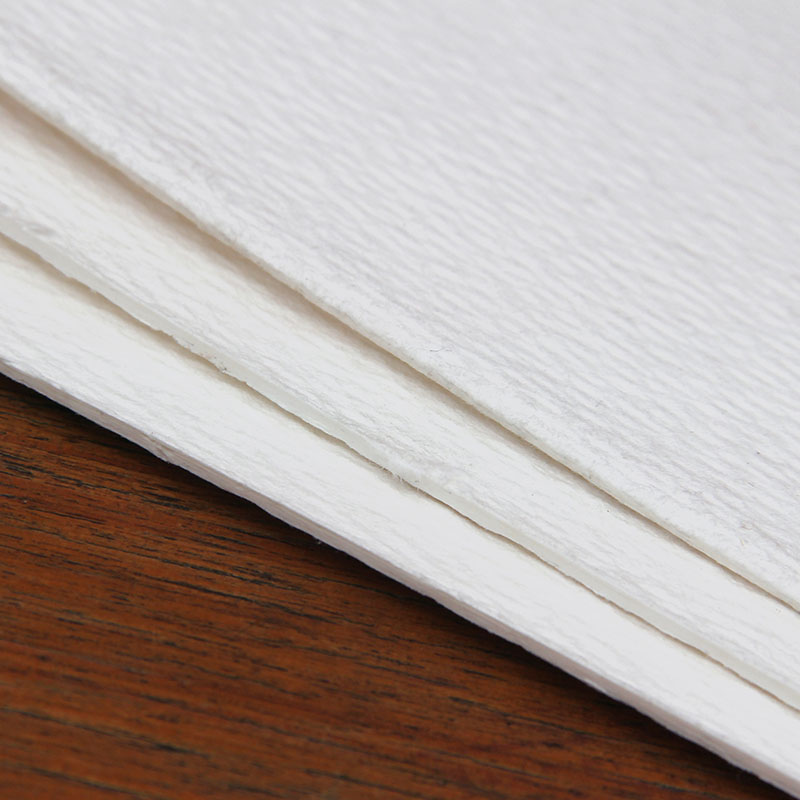
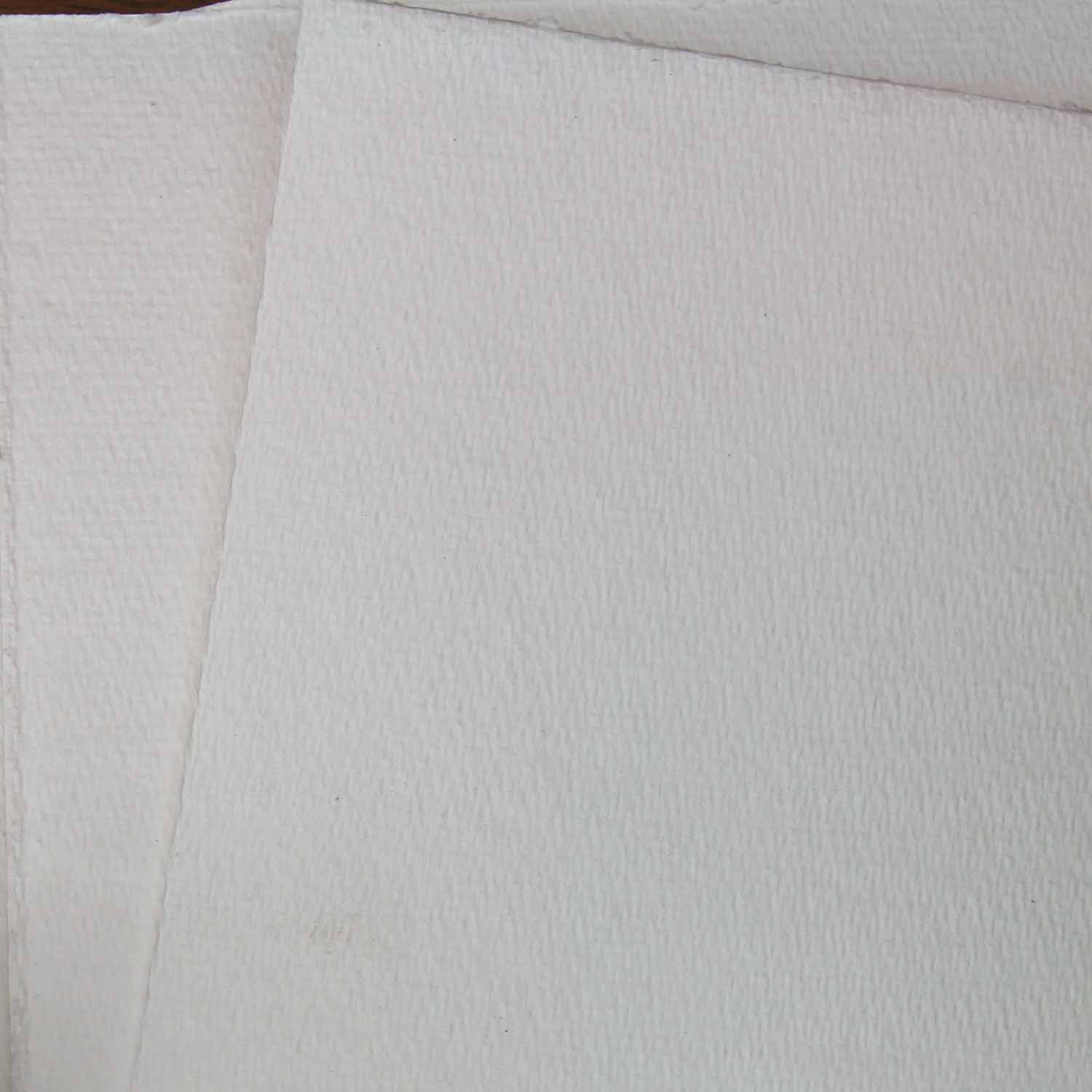
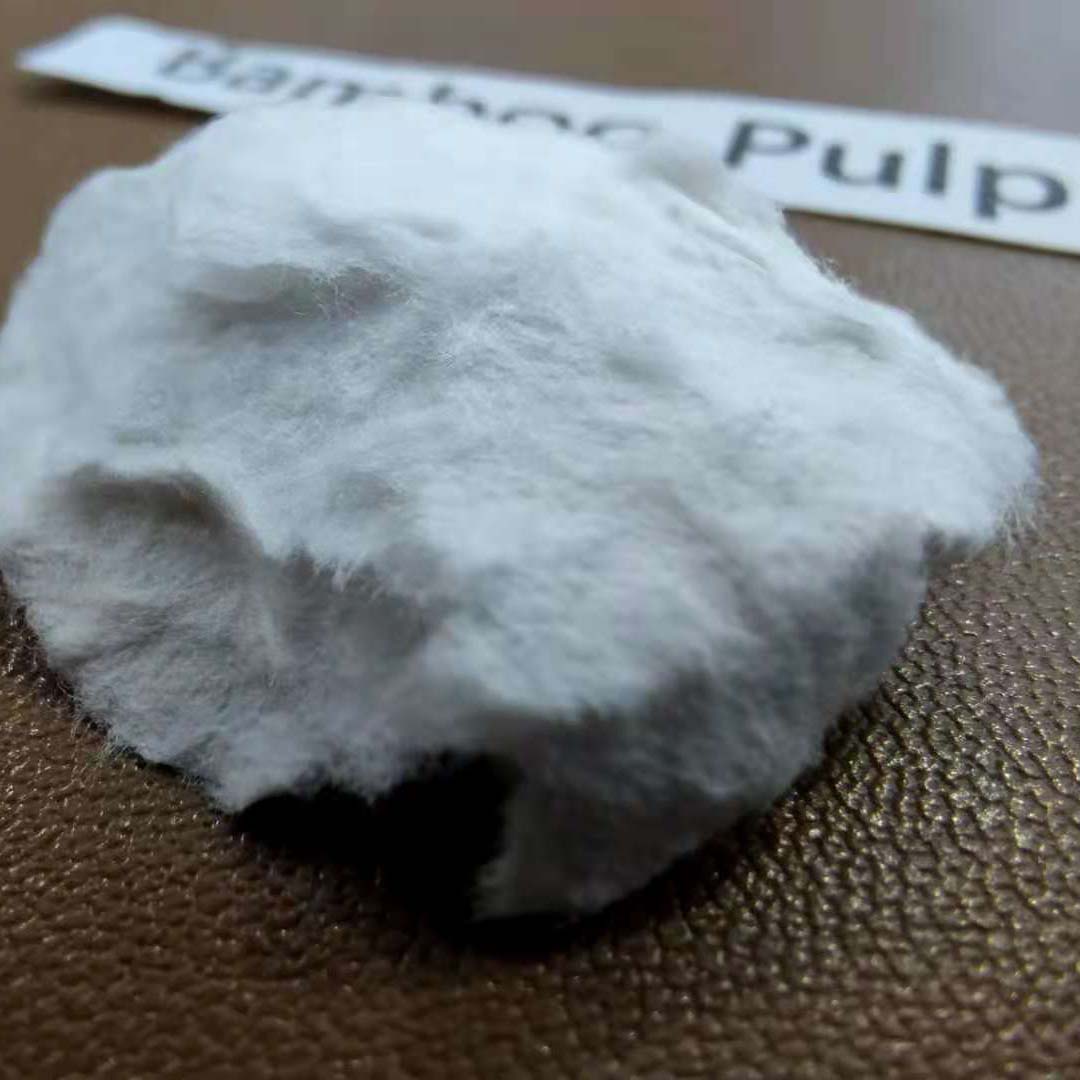
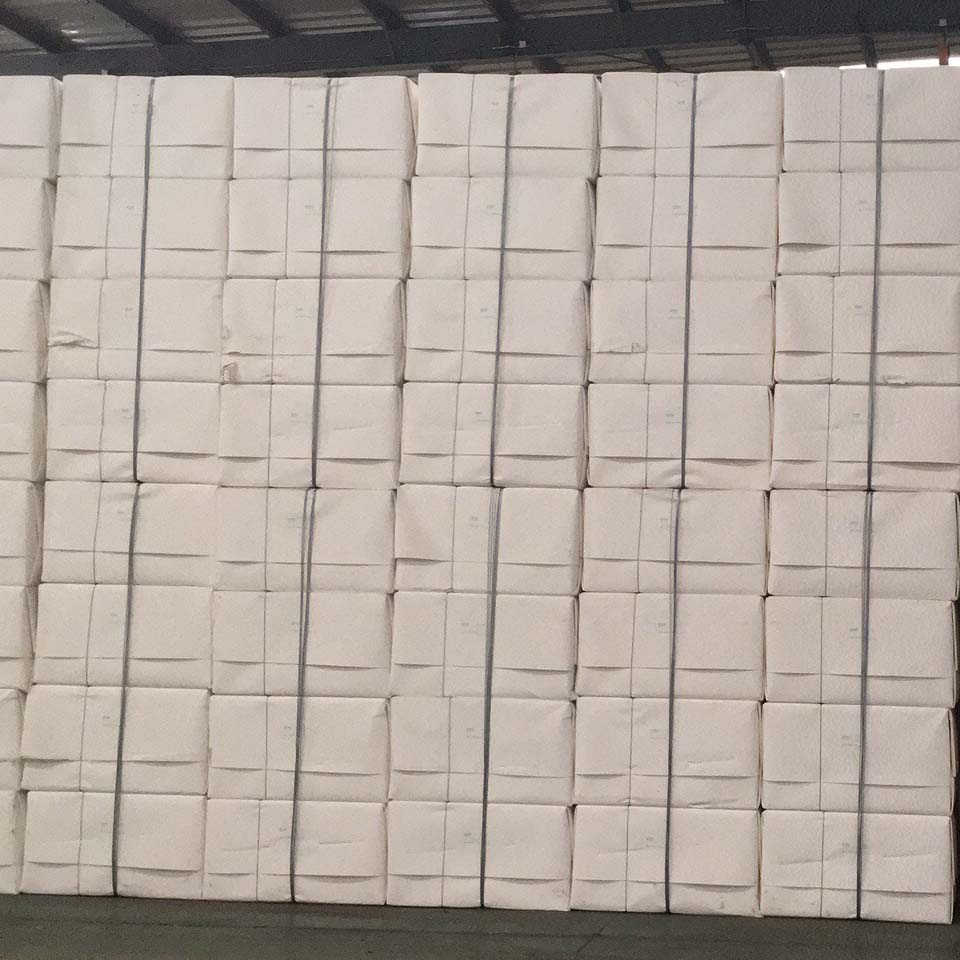

More products
Yiwu Jinrui is a professional supplier in the paper industry established in 2000, from paper raw materials bamboo pulp, bagasse pulp, wood pulp to various base papers.
© 2024 Yiwu Jinrui, All Rights Reserved.

